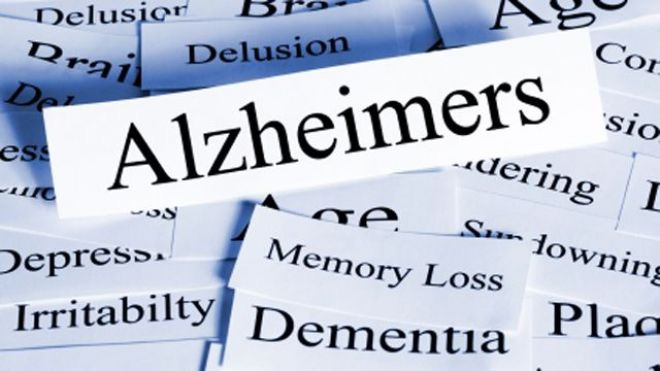Alzheimer’s disease is the most common form of dementia, but it is very serious. The disease can cause serious problems, among which is memory loss. Memory loss may start as mild forgetfulness, but usually the disease worsens over years. What can be done to keep patients with Alzheimer’s happy and active? Activities and hobbies that […]







